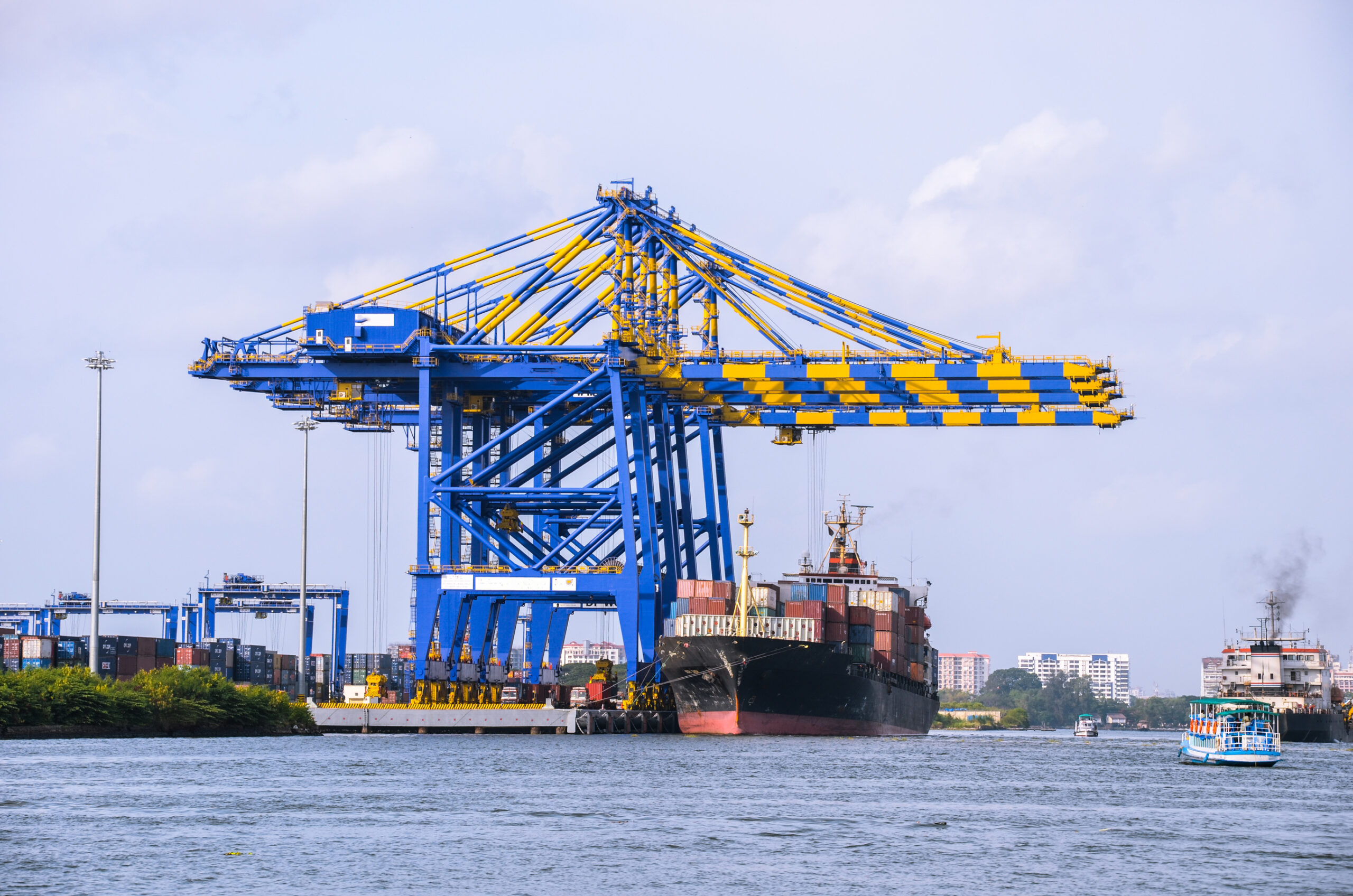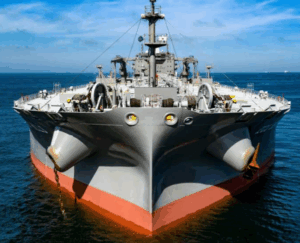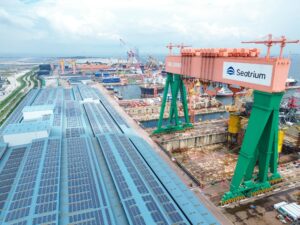India has launched its most ambitious reform to date in the shipbuilding and maritime sector, with the Union Cabinet approving on September 24 a comprehensive package of Rs.69,725 crore (around $8bn) to revitalize the country’s shipbuilding.
The initiative aims to strengthen domestic capacity, improve long-term financing, promote greenfield and brownfield shipyard development, enhance technical capabilities and skilling, and implement legal, taxation, and policy reforms to create a robust maritime infrastructure.
According to a governmental official statement, the reform package rests on four pillars.
A key highlight is the extension of the Shipbuilding Financial Assistance Scheme (SBFAS) until 31 March 2036, with a total corpus of Rs.24,736 crore. The scheme aims to incentivize shipbuilding in India and includes a Shipbreaking Credit Note with an allocation of Rs.4,001 crore. A National Shipbuilding Mission will also be established to oversee the implementation of all initiatives.
The Cabinet has also approved the Maritime Development Fund (MDF) with a corpus of Rs.25,000 crore, designed to provide long-term financing for the sector. This includes a Maritime Investment Fund of Rs.20,000 crore with 49% participation from the government of India and an Interest Incentivization Fund of Rs.5,000 crore to reduce the effective cost of debt and improve project bankability.
Furthermore, the Shipbuilding Development Scheme (SbDS), with a budgetary outlay of Rs.19,989 crore, aims to expand domestic shipbuilding capacity to 4.5 million gross tonnage annually, support mega shipbuilding clusters, infrastructure expansion, establish the India Ship Technology Centre under the Indian Maritime University, and provide risk coverage, including insurance support for shipbuilding projects.
The fourth pillar focuses on legal, taxation and policy reforms to strengthen the maritime sector.
The government expects the overall package to unlock 4.5 million gross tonnage of shipbuilding capacity, generate jobs, attract investments into India’s maritime sector, and strengthen the national, energy, and food security by enhancing control over critical supply chains.



